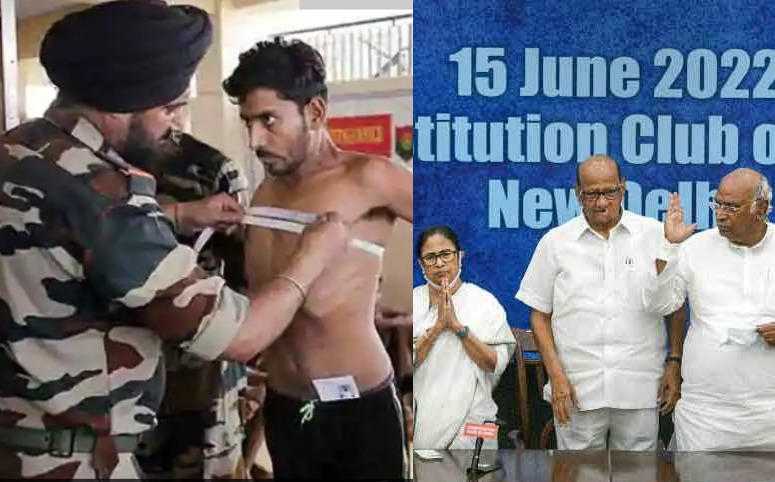Vardika Singh, a research scholar in Allahabad University, says the Opposition must behave sensibly and not waste Parliament’s time on non-issues. Her views:
The Union government has categorically stated that Operation Sindoor was concluded based on an internal assessment and intel by the Director General of Military Operations (DGMO) and there was no international mediation on India for agreeing to a ceasefire. However, Opposition parties continue to cast doubt and even raise questions on Indian security establishment in the current Monsoon Session of Parliament. In my opinion, the Opposition is acting naively and not realising that there are some red lines in politics when it comes to country’s safety and security.
I find it shameful that the Opposition has been asking for evidence on incident leading to and halt in the military operation. They are lending credence more to Donald Trump and Pakistan instead of Indian political and defence leadership. They are asking for the details of the planes lost by India and Trump’s claims on ceasefire. What kind of hypocrisy is this where your primary aim appears to be to let your country and your armed forces down in order to score brownie points in Parliament!
I saw Congress Rajya Sabha MP P Chidambaram asking proof of Pahalgam terrorists being from Pakistan. And when Home Minister Amit Shah gave the proof in Parliament, CPM MP John Brittas ridiculed him for giving proof! It appears that the INDI Alliance is trying to defend Pakistan position and acting on behalf of India’s enemies.
I, like every other nation loving Indian, have strong reasons to believe that my country holds the upper hand when it comes to defending our boundaries. India’s strategic autonomy has been consistently proven and India has historically maintained independent strategic decision-making, especially under high stakes military situations.
From surgical strikes in 2016 to Balakot airstrikes in 2019, Indian leadership has shown readiness to act decisively without coming under foreign interference or pressure. If the government and DGMO assert that Operation Sindoor was concluded on internal grounds such as completion of objectives, troop safety, or geopolitical timing, this is consistent with India’s past behaviour. The opposition has no moral right to suggest otherwise.
ALSO READ: ‘My Chest Swelled With Pride To See Col Sofiya & Wg Cmdr Vyomika’
DGMO is a professional, apolitical institution. It is part of the Indian Army’s highest leadership and is known for making tactical and operational decisions based on ground realities, not political agendas. To imply that such a senior military body acted under U.S. pressure without credible proof undermines the integrity of the armed forces. Besides, there is no evidence linking Trump to any kind of decision regarding Operation Sindoor – no document, no diplomatic cable, nor intelligence leak.
Political mudslinging undermines national security discourse. By continuing to push the theory of foreign interference, the Opposition is turning critical military decisions into a political football. This damages public trust and can demoralise the armed forces, which operate in secrecy for national interest. It is vital for opposition parties in a democracy to question the government but not at the cost of national unity in matters of security.
The government has issued a clear and formal clarification over Operation Sindoor. Demanding further disclosures may infringe on the confidentiality of sensitive operations, which are not meant for political theatre
As told to Rajat Rai

